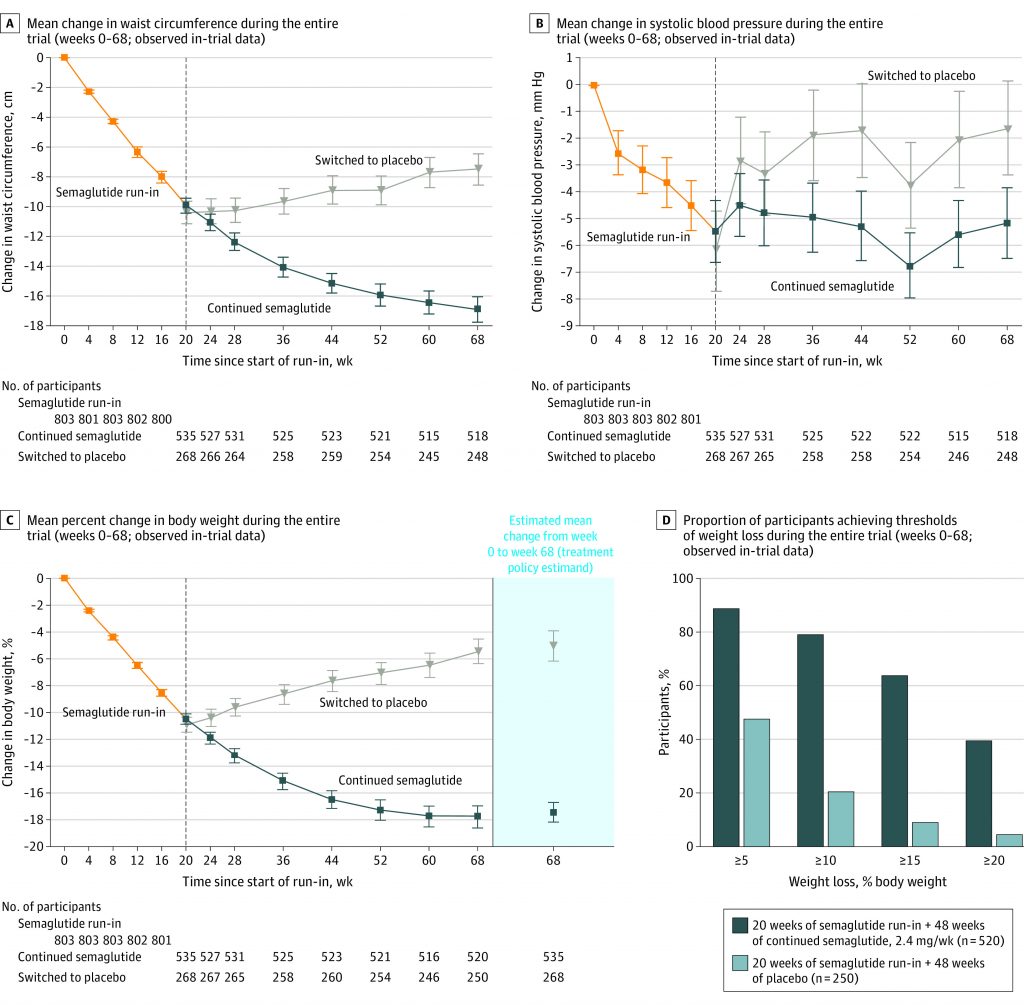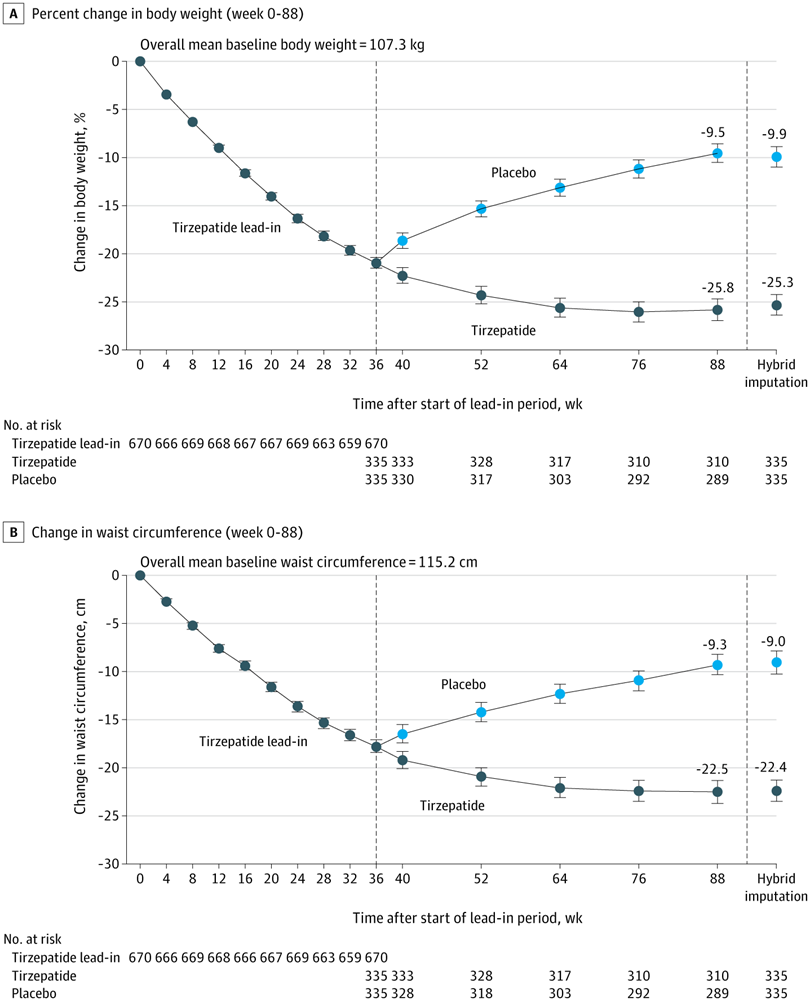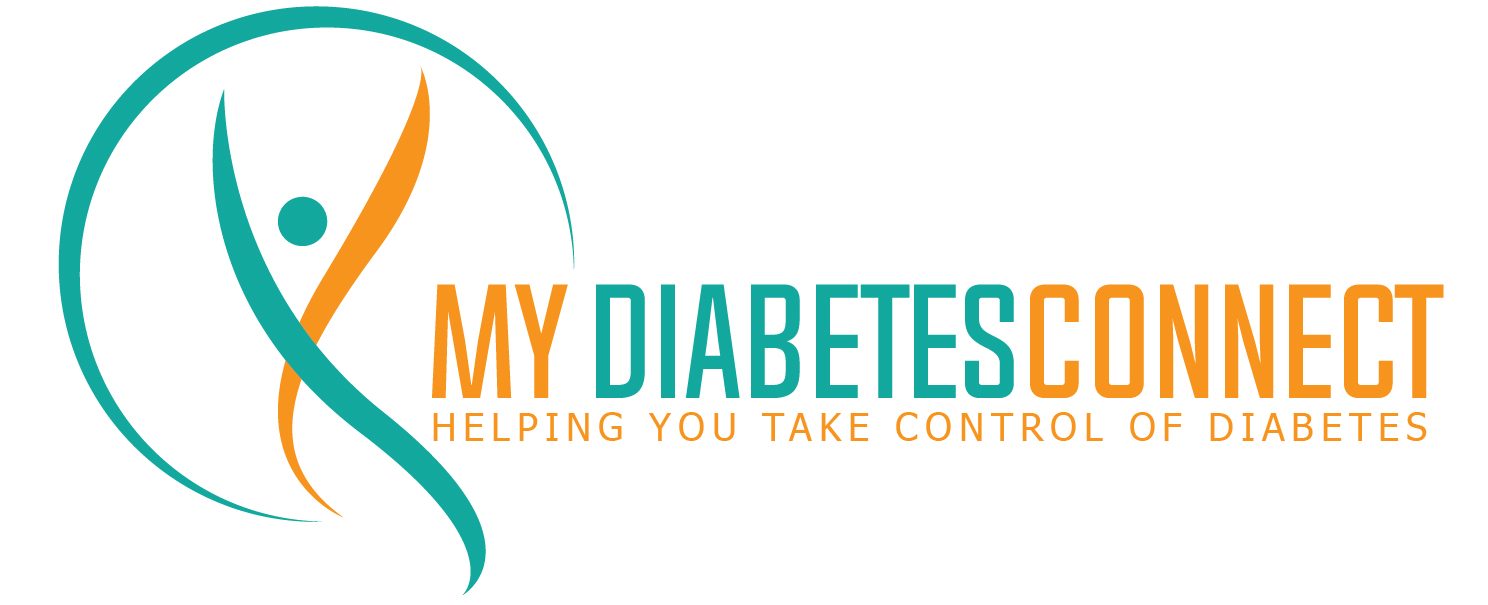Blog
Dangers of weight loss drug 'surfing' ( #GLP1Surfing, #OzempicSurfing, #MounjaroSurfing)
In the recent past, there has been a massive wave of people taking weight loss injections for a few months to lose some quick weight.. I feel this culture of weight loss drug ‘surfing’ can be quite dangerous..let me try to explain.
These newer injectable anti-obesity drugs have become unbelievably popular due to massive marketing and social media blitz.
I feel a lot of people are ‘surfing’ these drugs without understanding the risks.
Benefits
These new injectable weight loss medications offer weight loss that is comparable to weight loss surgery. This is obviously a huge deal. So the obvious benefit is that for the first time in human history, we have a medication that lets you lose a significant amount of weight without having to go under the knife.
And certainly, recent trial data of these anti-obesity medications are amazing. Not only do they help you lose weight, in people with Type 2 Diabetes they also reduce the risk of future heart attacks, and strokes and possibly also slow the progression of kidney disease. It also helps improve fatty liver.
Common side effects
The most common side effects of these injections are nausea, vomiting and diarrhoea, which are all very well-publicised. The rarer side effects are pancreatitis, gastroparesis, and increased risk of gallstones.
Other things to consider
While both Ozempic and Mounjaro lead to significant weight loss, what is worrying is that people also tend to lose up to 35 to 50% of lean body mass. This means people are losing not only fat but also muscle and other healthy tissue.
I don’t think doctors or drug companies are giving enough information to patients concerning this.
Even more worrying is the new trend of GLP1surfing where people seem to be taking Ozempic/Mounjaro for a short period such as 2 to 3 months just to lose some quick weight with these injections and then stop it.
Weight loss with these injections are not permanent!
Almost every study done so far about these weight loss medications has shown that the vast majority of people have regained their lost weight a few months after stopping these injections. Hence the weight loss associated with these injections are not permanent and if one were not to change their diet while being on the medication, they will regain most of the weight lost once the injection has been stopped.
See the image below from the results of one of the trials for Semaglutide(Ozempic).

Source: Rubino D, Abrahamsson N, Davies M, Hesse D, Greenway FL, Jensen C, Lingvay I, Mosenzon O, Rosenstock J, Rubio MA, Rudofsky G, Tadayon S, Wadden TA, Dicker D; STEP 4 Investigators. Effect of Continued Weekly Subcutaneous Semaglutide vs Placebo on Weight Loss Maintenance in Adults With Overweight or Obesity: The STEP 4 Randomized Clinical Trial. JAMA. 2021 Apr 13;325(14):1414-1425. doi: 10.1001/jama.2021.3224. PMID: 33755728; PMCID: PMC7988425.
See the image below from the results of one of the trials for Tirzepatide(Mounjaro).

Source:Aronne LJ, Sattar N, Horn DB, et al. Continued Treatment With Tirzepatide for Maintenance of Weight Reduction in Adults With Obesity: The SURMOUNT-4 Randomized Clinical Trial. JAMA. 2024;331(1):38–48. doi:10.1001/jama.2023.24945
Do they regain muscle also when weight is regained?
No is the short answer. What is more worrying is also that the studies seem to suggest when this weight is regained almost all of it seems to be fat rather than gaining some of the lost muscle mass as well.
So essentially someone who had lost 10 kg and regained the same amount of kilos after stopping these medications could now have more fat in the body compared to before when they went on the injection. This is an absolutely scary outcome. Given people will most likely be more unhealthy than before they went on the injection once it’s stopped.
Novonordisk, the company that produces Ozempic has accepted previously that their medication Ozempic can lead to 35 to 50% lean body mass although they claim that this is ‘normal’. It’s not clear how they came to that conclusion!
However, they are also developing other medications that can be combined with Ozempic, which would lead to the retention of muscle mass during weight loss.
This to me sounds a little bit contradictory to their current stated position that this loss of lean body mass is not unhealthy. If it is not why on earth would they spend billions making new medications that will help preserve lean body mass?
More medication to retain lean body mass loss?
What is also worrying is that in the future people might have to take Ozempic to lose weight plus take another injection or medication to retain their lean body mass!
I feel this is over-medicalising a complex, socio-economic problem, with medications that are unbelievably expensive and out of reach for the vast majority of people in this world.
Years ago, when obesity medications were first rolled out in the United Kingdom we had these programs where patients who take these weight loss medications were automatically followed up intensely by dieticians with a view to changing these people’s eating habits.
However, it seems in the media blitz with regard to these medications all these good practices seem to have been lost. Even within the UK, all these good practices seem to have been lost. I think we are opening the door to an even bigger public health disaster in the future.
Need to take them for at least 2 years!
People also seem to be unaware that these injections should at least be taken for two years, which would probably give them the best chance of maintaining the weight loss.
However, most healthcare systems do not cover the cost associated with these treatments and these medications are so expensive that most people would not be able to afford them for a two-year stint even in rich Middle Eastern countries!
And the day After?
Very annoyingly and worryingly most of the doctors or the drug companies are not talking about the plan once GLP-1 is stopped..and rather worryingly there is no planning either in terms of working with dieticians during GLP-1 use to modify people’s diet..So essentially for most people, it’s a ticking time bomb..lose weight now and gain even more after stopping these medications.. I say this because currently it’s simply way too expensive even for a rich country like UAE to continue GLP-1 indefinitely..and most trial data we have only goes up to about 3-4 years..
It’s probably late now!
However, I feel the battle has been lost about educating the public as we are now trying ‘to close the stable door after the horse has bolted.
It’s now going to be such a difficult task in terms of educating people as there is so much content on social media such as TikTok, Instagram and Facebook about the ‘benefits’ of this medication but nothing about side effects or how it should be used.
Final thoughts!
No doubt these medications are an amazing and valuable addition to health care practice but only if used correctly like any other medication! We need to better educate the general public/Patients about the risks and benefits.
FIRST DO NO HARM!
Dr Ryizan Nizar MD MRCPUK
Consultant Endocrinologist

